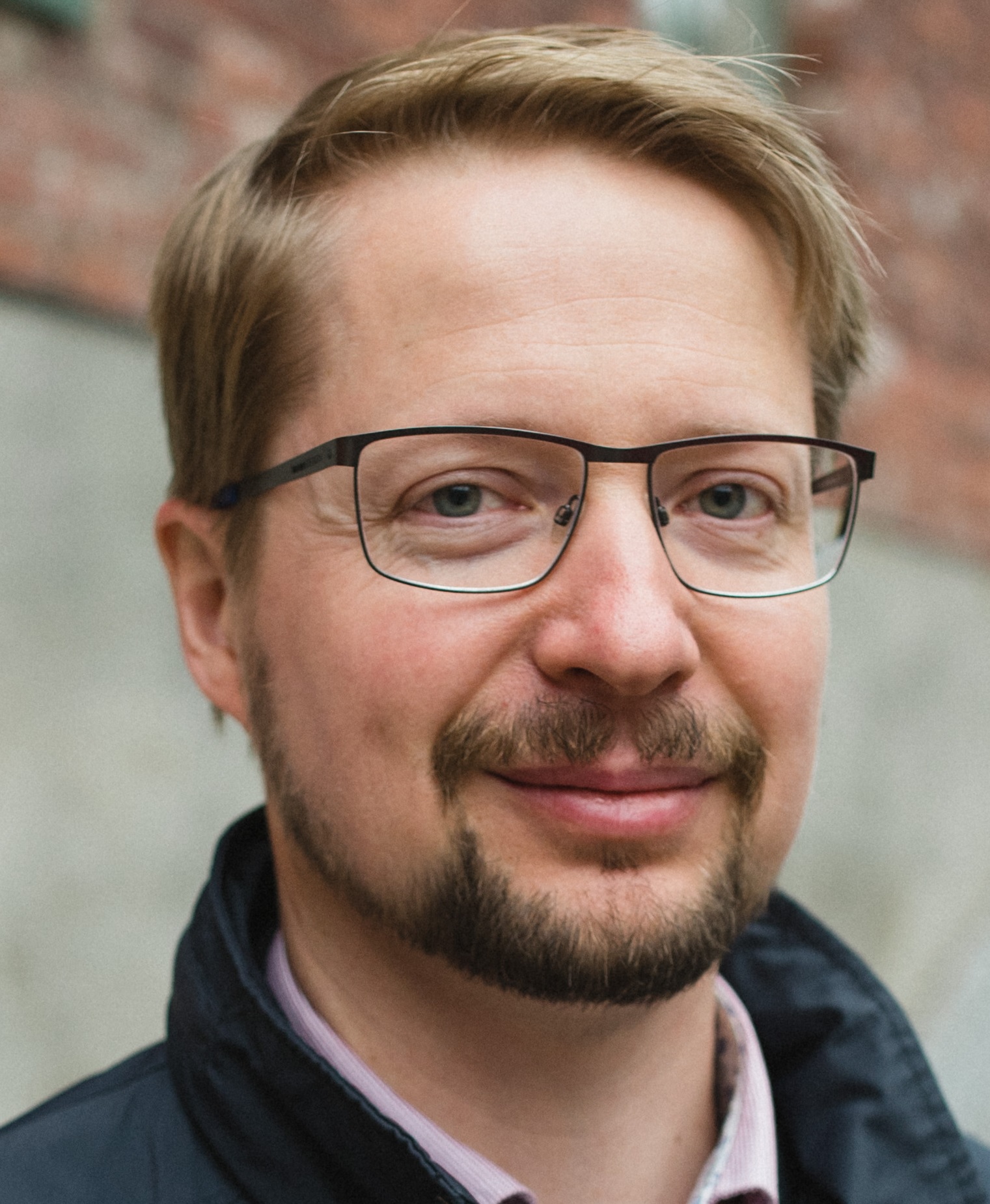Additional donations towards smart building services engineering
The role of smart buildings will grow further in the breakthrough brought about by renewable energy and digitalisation.

The field is undergoing an interesting transformation from the perspective of energy efficiency, robotics and automation. The role of smart buildings will grow further in the breakthrough brought about by renewable energy and digitalisation, and robotics will play a role in the implementation of smart building services engineering. This is how Professors of Practice Heikki Ihasalo and Jaakko Ketomäki from Aalto University describe the field.
‘During the year, we have studied robotics in the operating and maintenance phase of buildings and investigated how the energy transition affects real estate investment, responsibility and real estate management,’ Ihasalo says.
‘We are very pleased that companies and organisations are actively involved in organising teaching and that they are also actively listened to in connection with other research,’ Ketomäki continues.
The teaching and research of smart buildings at Aalto University focuses on user-orientation, autonomous self-learning systems, new operating methods enabled by digitalisation and integrations between building services engineering, ICT systems, energy networks and transport. The doctoral school established with donated funds aims to train new experts who can bring change to the field by offering a comprehensive understanding of its future potential.
Doctoral Candidate Ville Kukkonen says that the ultimate goal of his research is a more scalable monitoring of building services engineering, which means, for example, analytics built on data obtained from building automation.
‘I have been involved in the development of an ontology, a kind of metadata framework, that can be used to describe the relationships between building services engineering components. The idea is to use these component relationships to describe data point relationships. I am now working on an article on the method and software architecture. I am also preparing the piloting of the method.’
Kukkonen says that he likes the combination of building services engineering and information technology.
‘I think the field has plenty of room for research and plenty of opportunities to influence the cost-effectiveness and ecological aspects of building use. I believe that in the future buildings themselves will be built to be more intelligent, but, on the other hand, centralised monitoring tools will also become more common and delve deeper into the operations of building services engineering. Both trends will require more accurate and standardised machine-understandable descriptions of buildings and their building services engineering systems,’ he says.
Kukkonen combines a part-time job with postgraduate studies, which primarily requires scheduling.
‘Postgraduate studies demand a lot, so it is great that working part time is possible. The combining of postgraduate studies with working life benefits all parties.’
Doctoral Candidate Kiia Einola has already finished her master's thesis in which she studied Smart Workplace Solutions (SWSs), especially from the perspective of facility managers and the benefits of SWSs in the development and maintenance of offices.
‘In the future, I will focus on lighting control and particularly explore the possibilities of saving energy without affecting the usability of buildings. I do research using various sensors, among other things. A more detailed research topic is only just taking shape, as I am still at the early stages of my studies.’
Kiia is enthusiastic about the electricity sector, as she believes that electricity is the future and that its significance is increasing.
‘Electricity is a very interesting combination of modern technology and a few centuries old basic physics. What inspires me about lighting technology is its enormous impact on the usability of buildings. The correct type of lighting can even affect people's moods or make the facilities appear larger. I believe that the impact of smart building services engineering will only increase in the future, as new regulations will require smart solutions that can, among other things, save energy and improve comfort.’
Last year, Kiia participated in the student competition organised by the Association of Electrical Engineers in Finland as part of the winning Energiatehokuuden AALLONharjalla team.
‘Our work in the competition taught us that members who have expertise in different areas of building services engineering form a good team. It was great that we had electricity, automation, energy and HVAC expertise. It would also be great if experts from different fields cooperated more closely in the working life.’
‘When we were working on the project, we noticed that we have to consider the end users both in building services engineering and energy saving. I believe that the field needs more understanding of what kind of technical solutions people want to use or need. For example, smart lighting control that saves energy is of no use if it works poorly for the user and the user bypasses the control manually.’
Further information on research and education into building services engineering:


The role of smart buildings will grow further in the breakthrough brought about by renewable energy and digitalisation.

Aalto University gets a donation of over a million euros for the development of education and research into smart building technology and smart buildings.


